
Early Warning Signs of Kidney Disease & Science-Backed Ways to Protect Your Kidneys
Early Warning Signs of Kidney Disease & Science-Backed Ways to Protect Your Kidneys
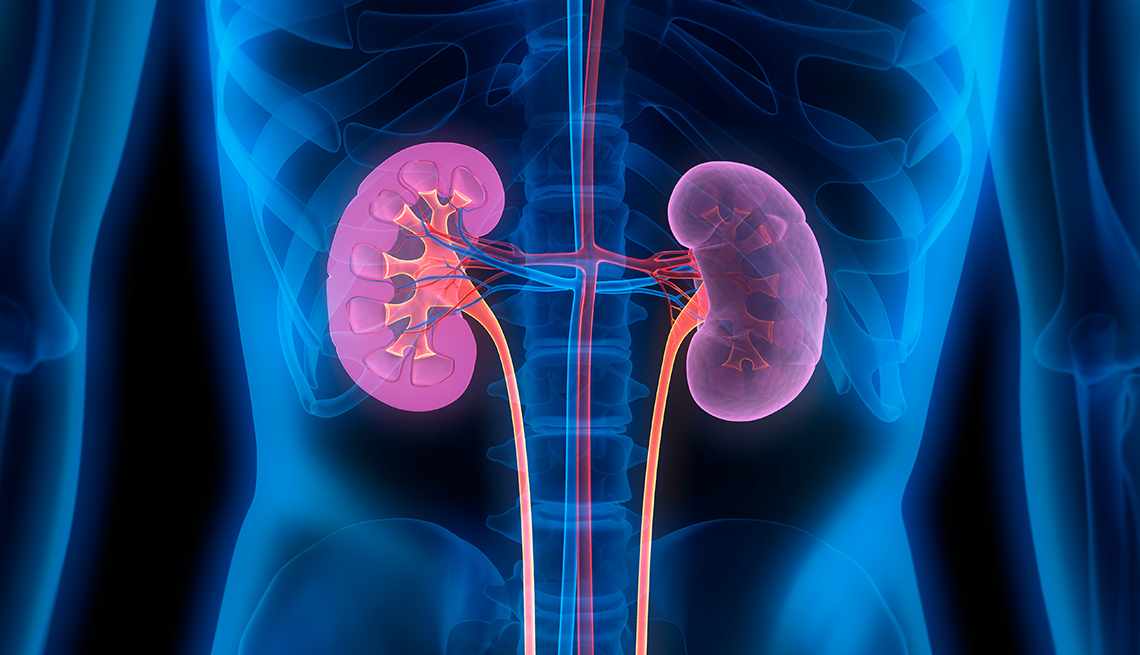
Kidney disease is a significant health concern, with chronic kidney disease (CKD) affecting approximately 13% of the United States population. (1) The Kidney International Supplements journal highlights key risk factors, including high blood pressure, excessive alcohol consumption, smoking, and the use of certain pain medications. (2)
This article will delve into the vital role of your kidneys, the common causes of kidney disease, its early warning signs, and crucial, evidence-based strategies to protect these essential organs.
The Indispensable Role of Your Kidneys
Your kidneys, two bean-shaped organs located in the middle of your back on either side of your spine, are "an organ of critical importance in physiology," as described by the Journal of Physiology. (3) They perform numerous vital functions to maintain your body's healthy internal balance:
- Filtering Waste: Kidneys efficiently filter out harmful waste products and excess toxins from your blood. (4)
- Fluid & Mineral Balance: They maintain the delicate balance of water and essential minerals in your bloodstream.
- Blood Pressure Regulation: Kidneys play a crucial role in maintaining healthy blood pressure.
- Chemical & Waste Extraction: They extract chemicals and waste generated from digestion, medication, and physical exertion.
- Vitamin D Activation: Kidneys activate vitamin D, which is essential for strong, healthy bones.
- Red Blood Cell Production: They stimulate the production of red blood cells, vital for delivering oxygen throughout the body.
Even normal metabolic functions produce waste products harmful to the body. With your kidneys working properly, your body is continuously protected from these internal and external risk factors.
What Causes Kidney Disease?
Several factors can lead to kidney disease, often developing over time:
- Diabetes and High Blood Pressure: These are the leading causes of kidney disease. (5) If you have either condition, closely monitor your blood sugar and blood pressure levels with your doctor.
- Genetic Predisposition: Kidney disease can be inherited. (6) If there's a family history of autoimmune diseases or polycystic kidney disease, you may be more vulnerable to kidney problems. (7)
- Birth Defects & Medication Misuse: Congenital issues and the improper use of certain medications can cause kidney damage and renal disorders. (8)
- Unhealthy Habits: Lifestyle choices such as excessive drinking, smoking, poor diet, and lack of exercise are major contributors to kidney disease. (9, 10, 11)
Early Warning Signs and Symptoms of Kidney Disease
A significant challenge with kidney disease is that symptoms often go unnoticed or are dismissed in the early stages, as they can be general. Furthermore, your kidneys have an impressive ability to adapt as they lose function. This means that by the time overt symptoms appear, significant damage may have already occurred.
According to doctors from the Mayo Clinic, watch out for these potential symptoms of kidney disease or kidney failure: (13)
- Persistent Fatigue and Weakness: Feeling unusually tired and lacking energy.
- Changes in Urination: This includes increased or decreased frequency of urination, particularly at night, or noticing blood in your urine.
- Sleep Disturbances: Difficulty sleeping, including insomnia.
- Nausea and Vomiting: Persistent feelings of sickness and throwing up.
- Digestive Irregularities: Unexplained changes in bowel habits.
- Loss of Appetite & Metallic Taste: A lack of interest in food and a bad, metallic taste in the mouth.
- Difficulty Focusing & Mental Clarity: Problems with concentration and cognitive function.
- Hiccups: Frequent or persistent hiccups.
- Swollen Ankles or Feet: Fluid retention causing swelling, often noticeable in the lower extremities.
- Back Pain: Pain in the middle of your back, where the kidneys are located.
- Muscle Spasms and Cramping: Involuntary muscle contractions.
- Unstable Blood Pressure: Unexplained fluctuations in blood pressure.
- Shortness of Breath: Difficulty breathing.
- Skin Rash or Chronic Itching: Persistent skin irritation.
Early detection is crucial. If kidney problems are not addressed promptly, the damage can quickly become irreversible, potentially leading to the need for dialysis or transplantation.
If you experience several of these symptoms or have concerns about your kidney health due to risk factors, consult a physician immediately. While these symptoms can be indicative of other illnesses, it's always safer to be sure, as early intervention significantly improves outcomes for kidney disease.
How to Strengthen and Protect Your Kidneys
Making a few small, positive changes in your daily life can lead to life-saving differences in the long run. These lifestyle and nutritional adjustments will significantly reduce your risk of kidney disease.
Lifestyle Changes to Protect Your Kidneys:
- Manage Blood Pressure: Maintaining healthy blood pressure (around 120/80 mmHg) is critical, as high blood pressure is a leading cause of kidney damage. (14)
- Avoid Smoking and Excessive Alcohol: Both habits severely impact kidney health. The American Journal of Epidemiology notes that "smoking and consumption of four or more servings of alcohol per day are associated with CKD." (15)
- Stay Physically Active: Regular exercise strengthens your entire body, increases energy levels, helps maintain optimal body weight, and reduces the risk of obesity, diabetes, and hypertension—all of which can damage the kidneys over time. (16)
- Consider Supplements (with caution): If you believe you're not getting enough calcium and vitamin D from your diet, discuss supplements with your doctor. (17) Always consult your physician before starting any supplements.
- Limit Painkillers and Steroids: Use painkillers and steroids sparingly and only when absolutely necessary. The medical journal Pharmaceuticals (Basel) highlighted that "NSAIDs (Nonsteroidal Anti-inflammatory Drugs) pose a significant risk of renal failure...and as an entity may be under-recognized." (18)
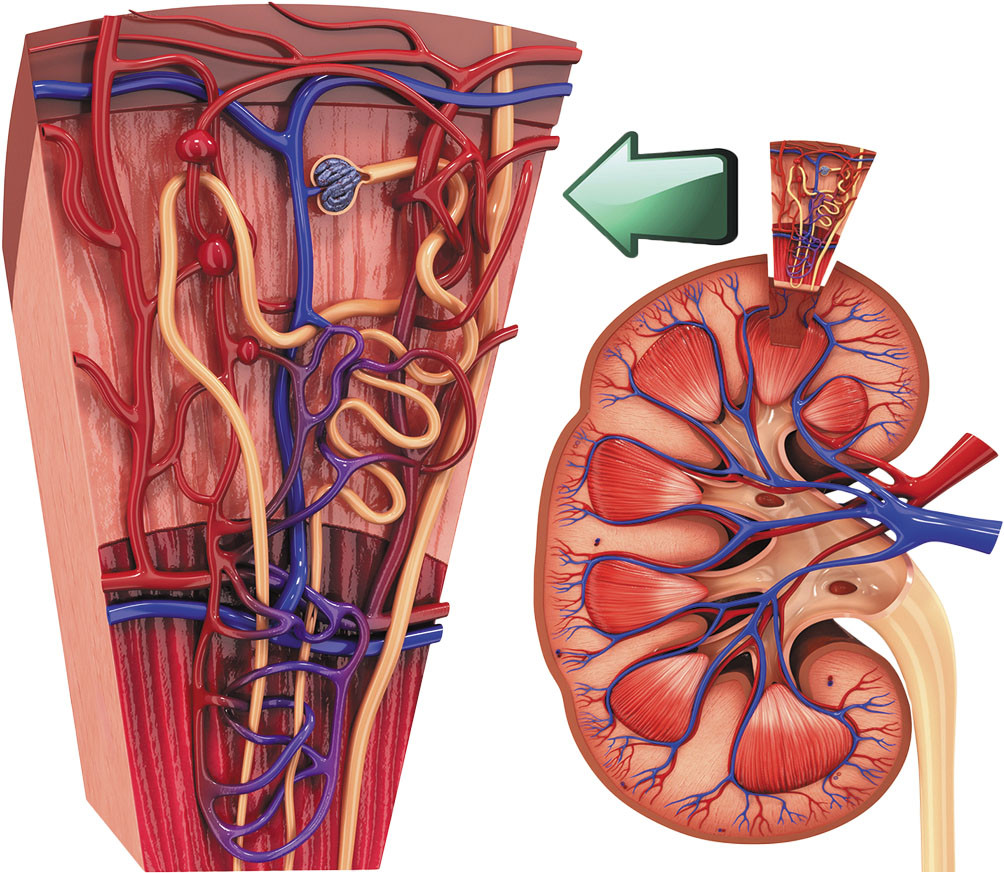
Nutritional Changes to Protect Your Kidneys:
- Monitor Sodium Intake: Be mindful of your sodium intake. Keep salt and potassium consumption at moderate levels.
- Maintain a Healthy Diet: Focus on meals with small amounts of cholesterol and saturated fat. Prioritize whole, unprocessed foods.
- Moderate Protein Consumption: Excessive protein intake can be detrimental to kidney health. (19) Consult your physician or a registered dietitian to determine the appropriate daily protein intake for your body type and health status.
- Ensure Sufficient Calories: Adequate caloric intake is necessary for kidney function. Avoid extreme calorie restriction or starving yourself for weight loss, as this can negatively impact kidney health.
- Incorporate Kidney-Friendly Foods: Foods like watermelons, apples, and berries should be staples in your grocery list.
- Stay Well Hydrated: Drink approximately 8 glasses of fluid, preferably water, every day. Insufficient water intake is a common habit that can damage your kidneys.
Kidney disease is a serious reality that impacts many families. While kidney damage cannot be fully repaired, its progression can often be managed if detected early. However, prevention remains the absolute best choice. Taking responsibility for your kidney health isn't just for you; it's for the loved ones you cherish and for the full, healthy life you deserve to live.
News in the same category

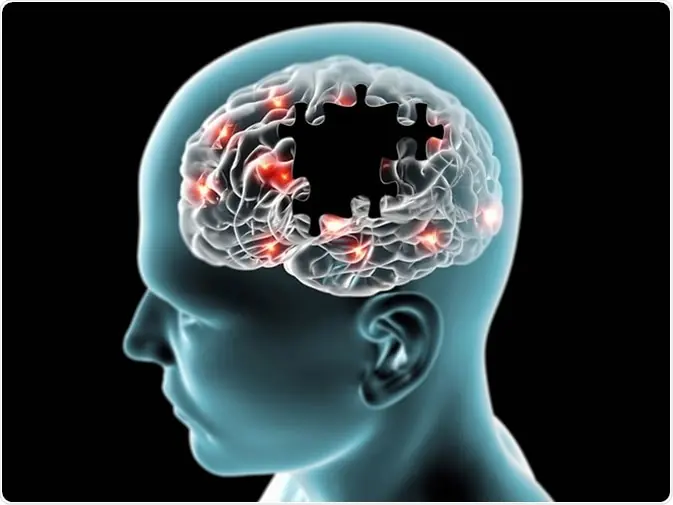
Groundbreaking Research: Reversing Memory Loss In Alzheimer’s Disease Without Removing Plaques

Rfk Jr. Raises Health Concerns Over 5G, Says It May Affect Brain Function And Cancer Risk

Eat Just 3 of These Daily and Watch What Happens to Your Body
. Their ability to benefit nearly every major system in the body - from the heart and liver to the brain and bones - makes them a powerful ally in maintaining health and vitality.

Blood Type O Diet: What to Eat and What to Avoid

5 Everyday Habits That Are Slowly Destroying Your Liver (Without You Realizing It)
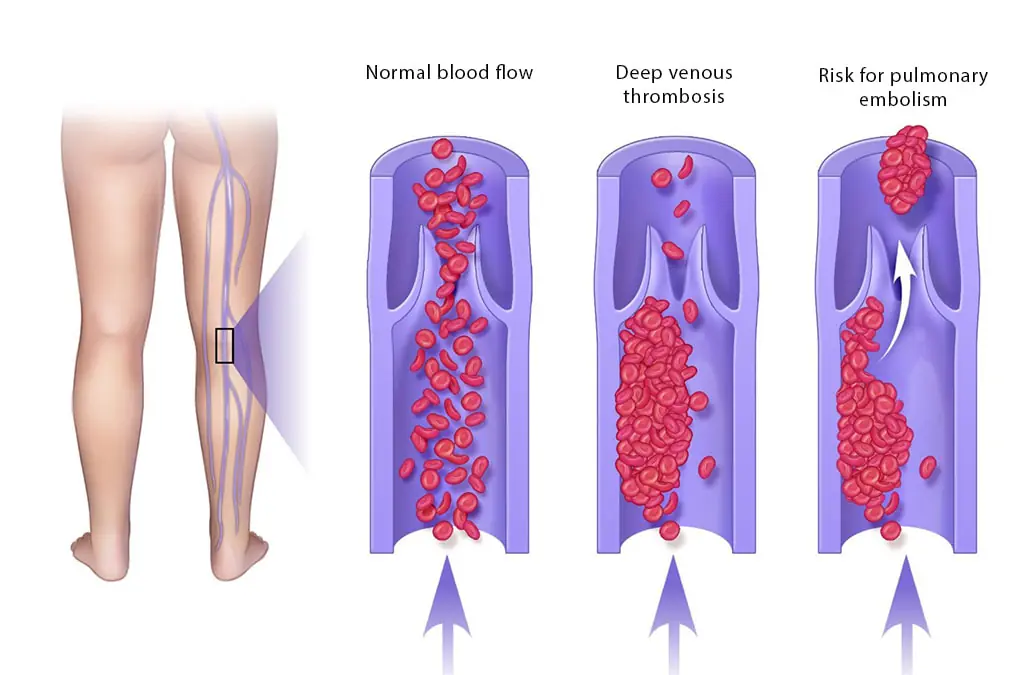
Blood Clot in Leg: Signs and Symptoms You Shouldn’t Ignore

Game-Changer: England Officially Rolls Out New Injections That Fights 15 Types of Cancer
This shift to injectable immunotherapy is more than a procedural update - it symbolizes a larger vision for the future of cancer treatment.
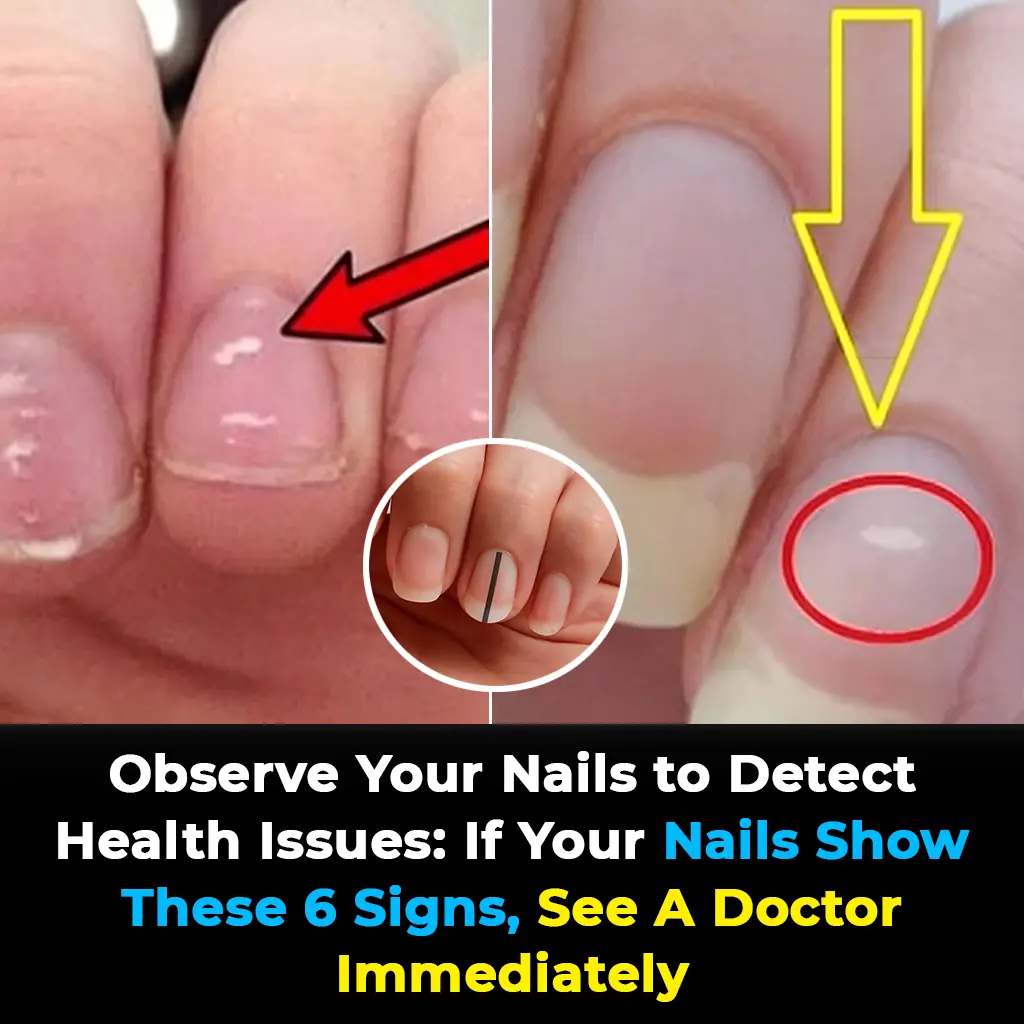
If Your Nails Show These 6 Signs, See a Doctor Immediately
While some alterations may be harmless, others could be early warnings of serious health conditions.
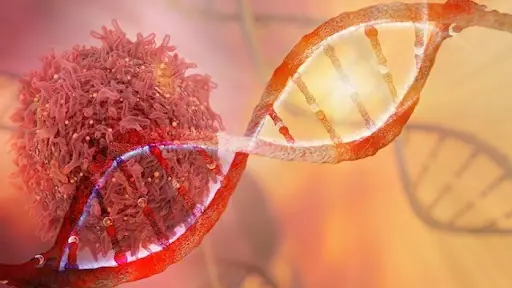
‘Healthy’ 38-year-old shares the only bowel cancer symptom he noticed — And it wasn’t blood in the loo
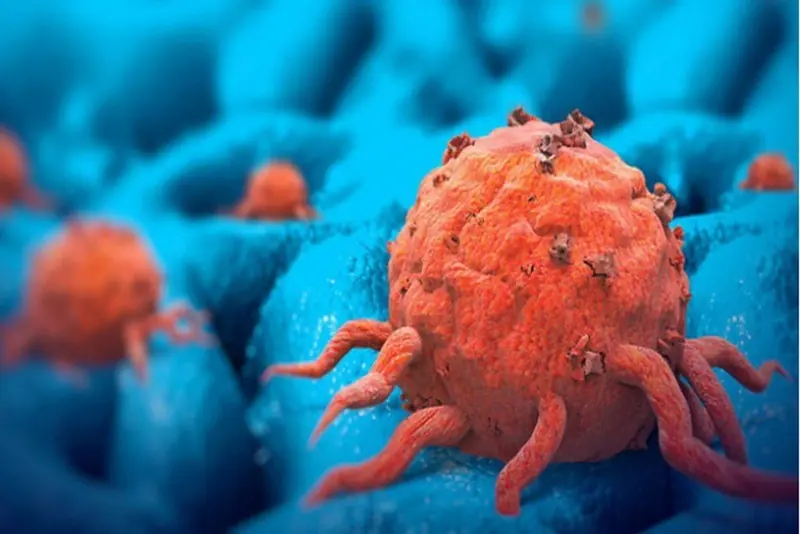
Young Dad Misses Key Cancer Symptom That Left Him Terrified
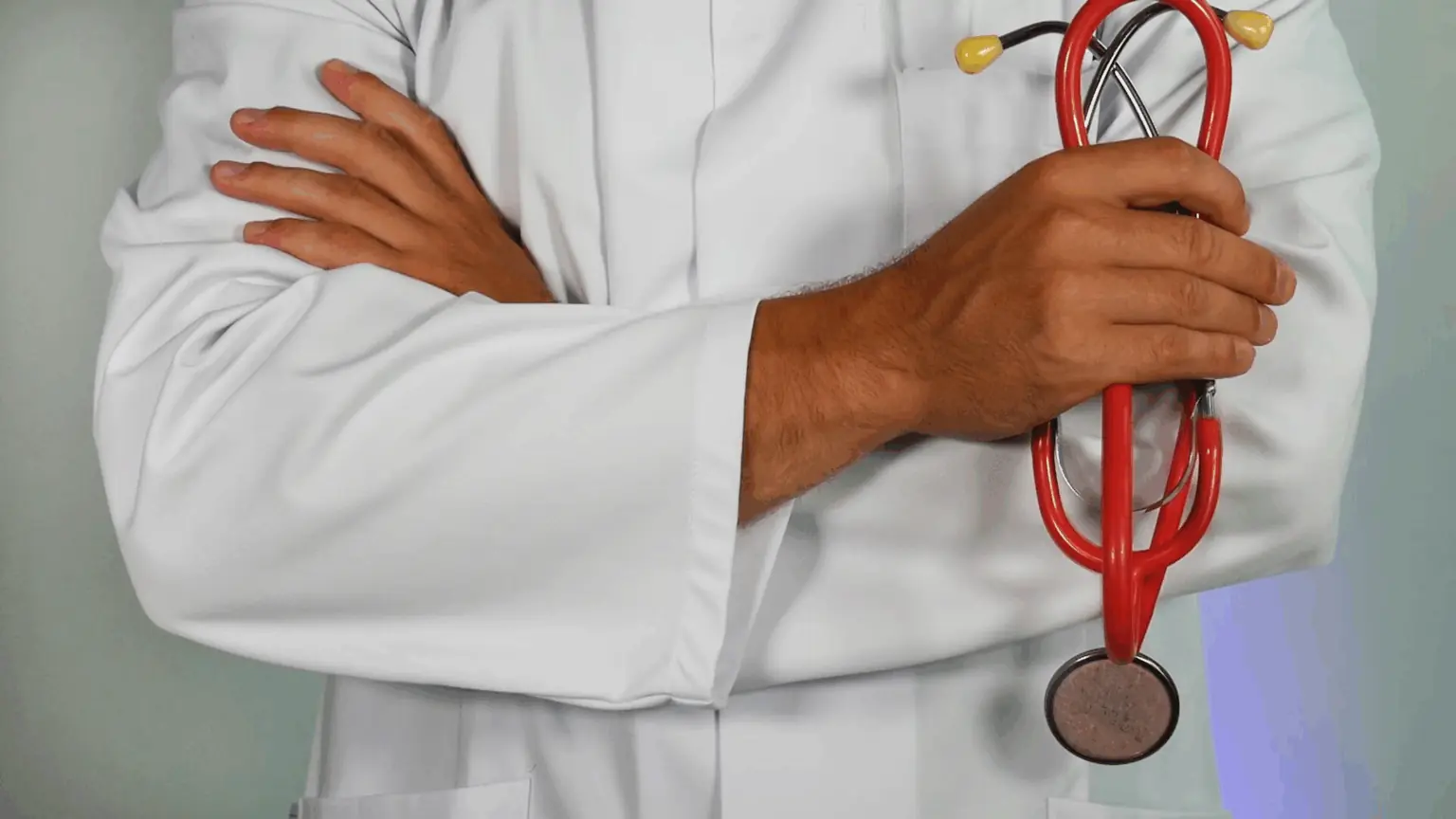
5 Things Doctors Say You Should Never Give Your Kids to Help Prevent Cancer

Indiana Boy, 8, Dies Hours After Contracting Rare Brain Infection At School

World-First Gene Therapy Restores Sight to Boy Born Blind

A Warning About The ‘Worst Thing’ That People Should Never Do When Awakening in the Night
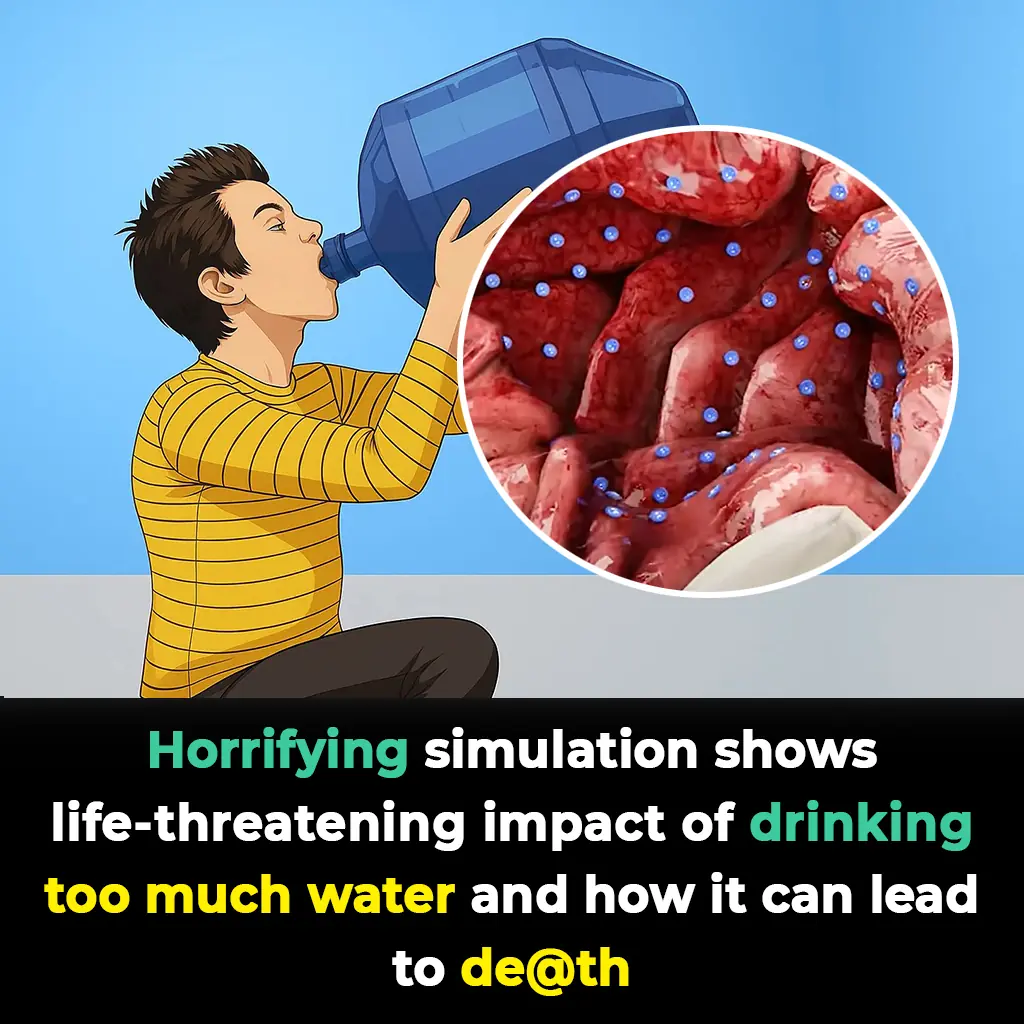
Horrifying simulation shows life-threatening impact of drinking too much water and how it can lead to death
These simulations, tragic stories, and medical data remind us that moderation matters.

Cancer Breakthrough: Scientists Discover Protein That Puts Tumors to Sleep!
With promising results in preclinical trials and a growing understanding of the tumor microenvironment, type III collagen may become a key player in the fight against cancer - not by eradicating it, but by keeping it permanently asleep.

The Amazing Health Benefits and Uses of Castor Oil

Evidence-Based Health Benefits of Raw, Pure, Natural Honey + Turmeric Golden Honey Recipe
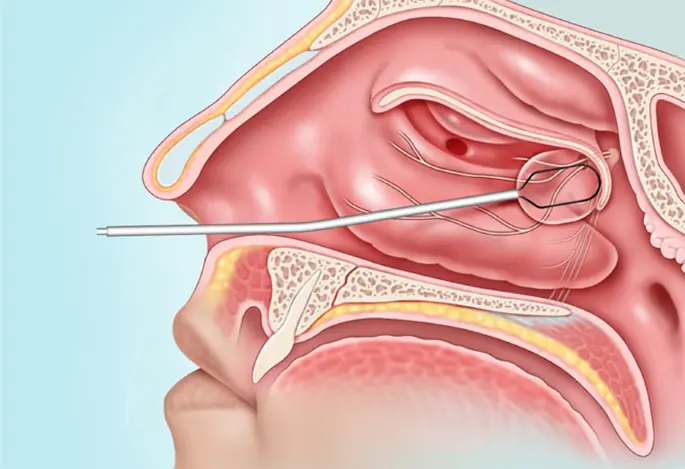
Home Remedies for Blocked and Stuffy Nose
News Post

She held on, certain they would come back. Yet as days turned into weeks, her strength waned—until a fresh kind of love unexpectedly entered her life.
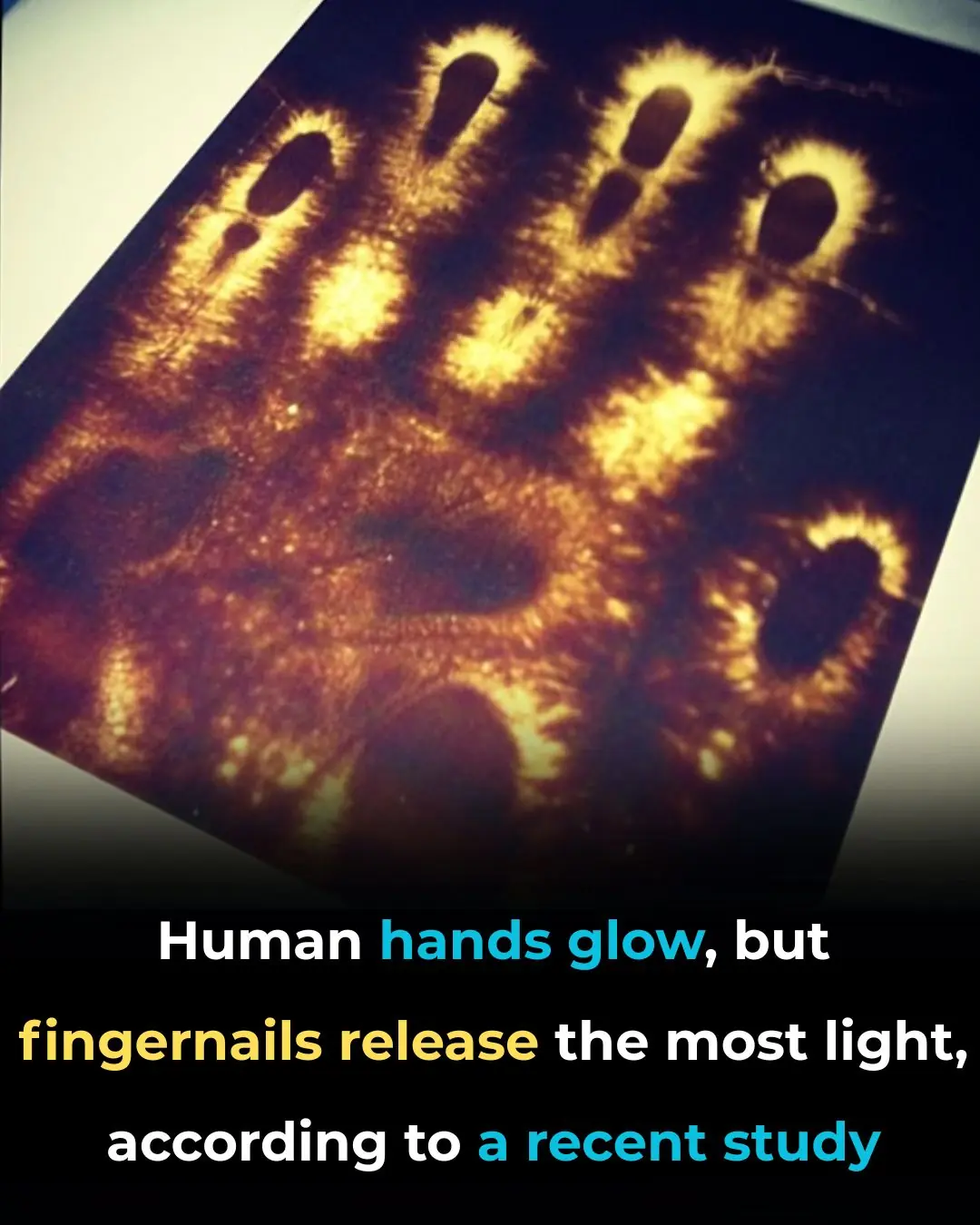
The Hidden Light In Your Hands That Shouldn’t Be Dimmed

Mosquitoes Rain From The Sky Over Hawaii—Scientists Explain Why

Doctor Shares 30-Second Hand Test That Could Reveal Hidden Brain Tumor

Nasa Tracks Plane-Sized Asteroid Speeding Toward Earth At 47,000 Mph

Groundbreaking Research: Reversing Memory Loss In Alzheimer’s Disease Without Removing Plaques

Rfk Jr. Raises Health Concerns Over 5G, Says It May Affect Brain Function And Cancer Risk

Two-Year-Old Boy Bites Cobra To Death After Snake Coils Around His Hands In India

Four Famous Psychics Warn World War III Could Begin By End Of 2025

Abandoned puppy was found in terrible shape — see his incredible transformation one year later in the comments 🥹

Eat Just 3 of These Daily and Watch What Happens to Your Body
. Their ability to benefit nearly every major system in the body - from the heart and liver to the brain and bones - makes them a powerful ally in maintaining health and vitality.

Psychic who suffered near-death experience reveals shocking truth about the afterlife
A psychic has detailed about afterlife after claiming to have experienced the feeling "dea@th" four times.

Blood Type O Diet: What to Eat and What to Avoid

5 Everyday Habits That Are Slowly Destroying Your Liver (Without You Realizing It)

Blood Clot in Leg: Signs and Symptoms You Shouldn’t Ignore

Real story behind Amelia Earhart and the Bermuda Triangle as scientists 'solve mystery' after 88 years

Airlines forced to cancel flights after 'Japanese Baba Vanga' predicts catastrophic disaster

8.7 magnitude earthquake off Russia: Japan experiences first tsunami, many countries issue warnings

After Seeing Her Husband's Photo with a Pregnant Stranger, Nadya Chose Silence – But What Happened Next Was Sh0cking
It was unthinkable! How could this be happening? Nadezhda thought, staring at a photograph of a young pregnant woman sitting on her husband’s lap, smiling, and clinging to him. Twenty-five years of marriage... and now this? Her heart tightened painfully

I Went Undercover as a Homeless Person to Test My Granddaughter's Fiancé – What I Found Was Beyond Sh0cking
I dressed in old, ragged clothes, hid my face beneath a weathered hat, and stood on the street like a beggar—just to see what kind of man my granddaughter was marrying. I thought I was prepared for anything, but what happened next left me speechless and